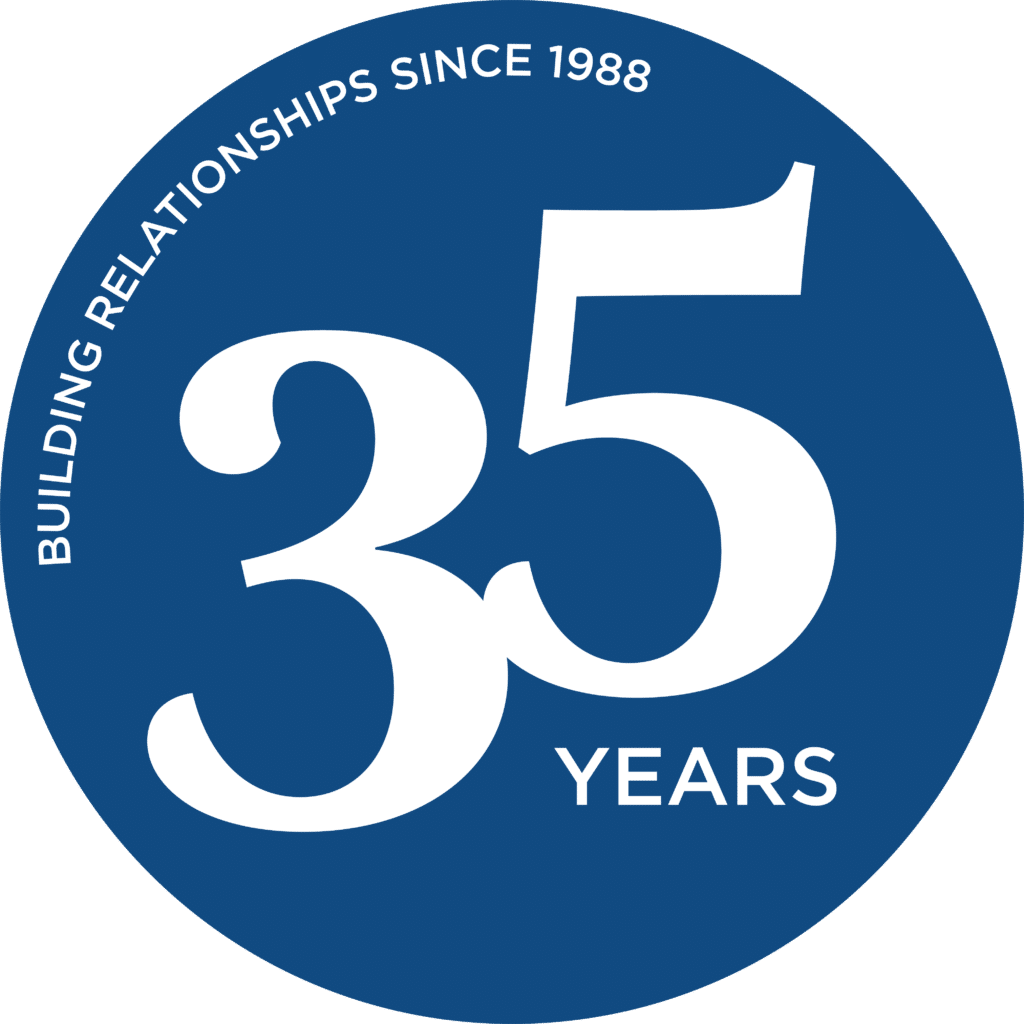Home » Services » Engage & Grow » Team & Organizational Assessments
Team & Organizational Assessments
Team and Organizational Assessments provide valuable insights that improve performance
The first step in increasing the effectiveness of a team or an organization is to gain insight and perspective on the multitude of dynamics that impact performance.
Team effectiveness assessments are an efficient and powerful way to quickly gather objective and actionable information that can be used to improve performance and productivity.
Team Effectiveness Assessments
A high performing team is often defined as a group of goal-focused individuals with specialized expertise and complementary skills who collaborate and innovate to consistently produce superior results. Creating and maintaining high performing teams is hard work. Team performance assessments or group assessments help define the roadmap for improvement by highlighting the team dynamics, level of alignment, strengths, and challenges that are impacting the team. Clients utilize CCI Consulting’s ability to assess the various aspects of team dynamics and team performance as the foundation for harnessing the untapped power of teams at all levels, from the C-suite to cross-functional project teams.

Organizational Needs Assessments
Organizations are complex systems that are constantly evolving and adapting to internal and external dynamics. Organizational needs assessments provide useful data and insights about culture and other important factors that aid, or impede, their ability to achieve organizational objectives. Use of these diagnostic instruments offers a systematic process for obtaining valid information about the performance of an organization and the factors that affect performance. Some assessments are designed to provide insight into implications of cultural or structural alignment while other tools assess different aspects of leadership capability or capacity.
Our Assessment Expertise
At CCI Consulting, we believe that organizational and team effectiveness assessments provide great value and insights that can help strengthen an organization. Our access to a wide variety of assessment instruments allows us to provide the most optimal solution and insights for every situation and objective.
Each organization, team, and team member is unique. Because of this, we consult with you to customize our group assessments for your company and scale it as needed. Our assessment experts have access to an extensive range of team performance assessments and organizational assessments. We work with clients to determine the best way to leverage these tools to provide the insights, increased awareness, and action steps that will improve team and organizational effectiveness.
Utilize a data-driven approach to improve team and organizational success
CCI Consulting’s assessments have helped company’s identify gaps in leadership skills as well as help to identify the keys to team success. Contact us to learn how team effectiveness assessments can provide insights and a roadmap to improved performance and efficiency for your organization.
Our Services
Contact Us
Case Studies
Challenge:
Senior leaders of a mid-size, multi-site regional food manufacturer recognized that they needed to develop the leadership skills of frontline supervisors and managers in operations and sales. This group needed targeted and focused development to ensure that they had the skills necessary to be more effective. Training was an important component of the company’s growth strategy, as frontline supervisors and managers needed to move quickly and effectively from doing tasks themselves to teaching and managing others to get the tasks done.
Solution:
An online needs assessment was created and administered by CCI. CCI then analyzed the results and developed a recommended approach. CCI administered DiSC, a self- assessment of behavioral style, to 100 leaders, then facilitated small group sessions to share DiSC results and help people understand leadership styles. A customized program was designed by CCI to facilitate 14 sessions, delivered in 4 states, to help frontline leaders communicate and work more effectively with others, and to improve their performance management skills.
Results:
A clearer understanding was gained by Frontline leaders concerning their leadership styles and how their style impacts others, enabling them to better communicate with their direct reports. Frontline leaders recognized the need to manage performance to achieve planned growth and they committed to create action plans, evaluate direct report performance and follow up with feedback to reports. Frontline leaders are now skilled in giving both positive and constructive feedback and are prepared for difficult conversations related to performance.
Challenge:
Senior leaders of a mid-size, multi-site regional food manufacturer recognized that they needed to develop the leadership skills of frontline supervisors and managers in operations and sales. This group needed targeted and focused development to ensure that they had the skills necessary to be more effective. Training was an important component of the company’s growth strategy, as frontline supervisors and managers needed to move quickly and effectively from doing tasks themselves to teaching and managing others to get the tasks done.
Solution:
An online needs assessment was created and administered by CCI. CCI then analyzed the results and developed a recommended approach. CCI administered DiSC, a self- assessment of behavioral style, to 100 leaders, then facilitated small group sessions to share DiSC results and help people understand leadership styles. A customized program was designed by CCI to facilitate 14 sessions, delivered in 4 states, to help frontline leaders communicate and work more effectively with others, and to improve their performance management skills.
Results:
A clearer understanding was gained by Frontline leaders concerning their leadership styles and how their style impacts others, enabling them to better communicate with their direct reports. Frontline leaders recognized the need to manage performance to achieve planned growth and they committed to create action plans, evaluate direct report performance and follow up with feedback to reports. Frontline leaders are now skilled in giving both positive and constructive feedback and are prepared for difficult conversations related to performance.
Challenge:
One of the largest compounding pharmacies in the United States needed to make strengthening leadership, managerial and supervisory capacity at the company a priority. The organization had seen steady growth over the prior decade, growing from a start-up to an industry leader in a relatively short period of time. An organized leadership development program was never offered to its staff, resulting in the business beginning to outpace their capabilities. Having worked with CCI two years earlier to develop a competency model, the company engaged CCI to create a developmental program for all its people leaders.
Solution:
To gain insight and perspective into the needs of the organization, CCI used the previously identified competencies as a back drop while conducting a comprehensive learning needs assessment. To understand and prioritize the needs, CCI conducted face-to-face interviews with each member of the leadership team and several high-performing employees. In addition, an electronic training needs survey was administered to each leadership level within the organization. As a result of the findings and recommendations, CCI’s Talent Development consultants designed a developmental training curriculum for four levels of people leaders: Director, Manager, Supervisor, and Assistant Supervisor. Each level included six workshops with topics based on the prioritized gaps from the training needs assessment. To reinforce the training, the leadership team was briefed on the topics and provided a “manager’s toolkit” so they could provide support to their direct reports. Also, the sessions were scheduled in a cascading fashion that allowed for the more senior audience to experience the training first so they could support their direct reports as they went through the workshops. At the program’s onset, each participant also identified a Burning Imperative. This was their own BHAG they were responsible for completing within the next year. After each session, the participants were responsible for applying what they learned to their imperative.
Results:
The primary mechanism for measuring program success was through session evaluations. Each cohort-level was asked to complete a session evaluation at the conclusion of each workshop. In addition to the qualitative responses, the three questions of most interest were:
- As a result of the program, I will be a stronger performer for the organization.
- I would rate my performance in this area before this program.
- I would rate my ability to apply what I’ve learned when I return to my team.
The following grid shows how each group responded with Top 2 answers (Agree/Strongly Agree or Above Average/Exceptional) on a five-point Likert scale.
Learn How CCI Can Help
We welcome the opportunity to connect and support you across a broad range of all your talent and HR needs.


